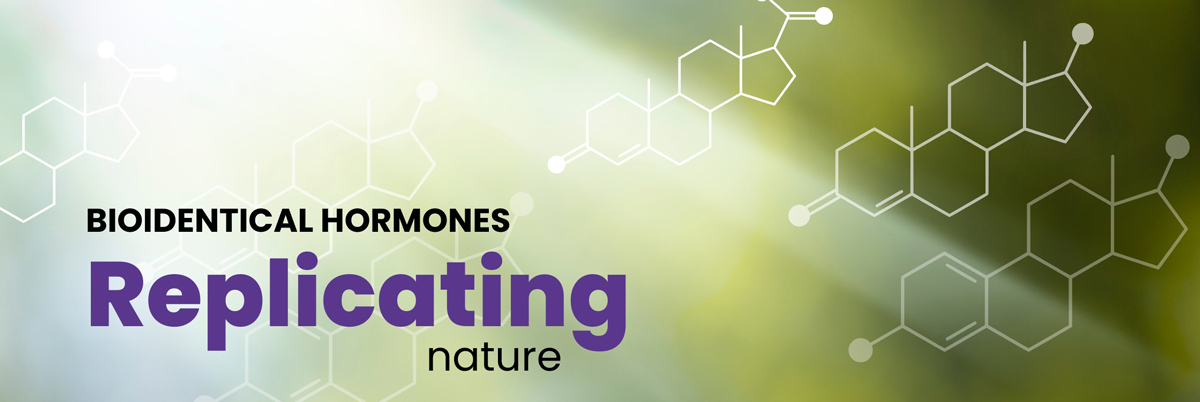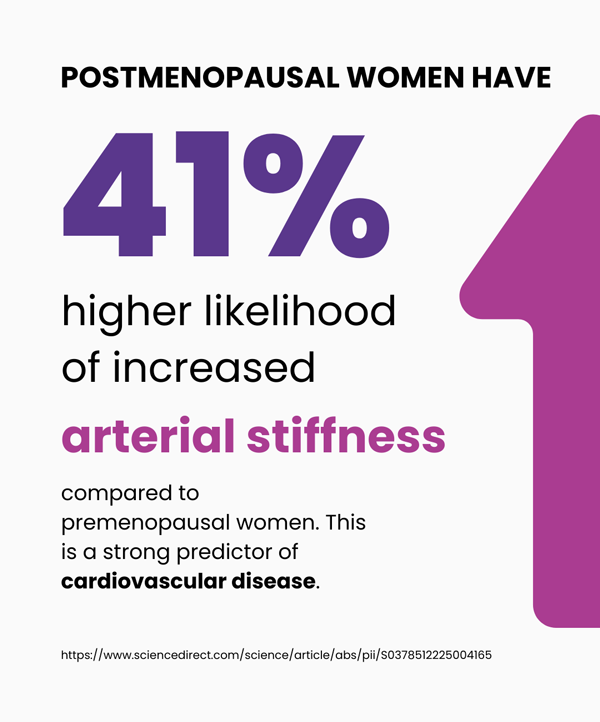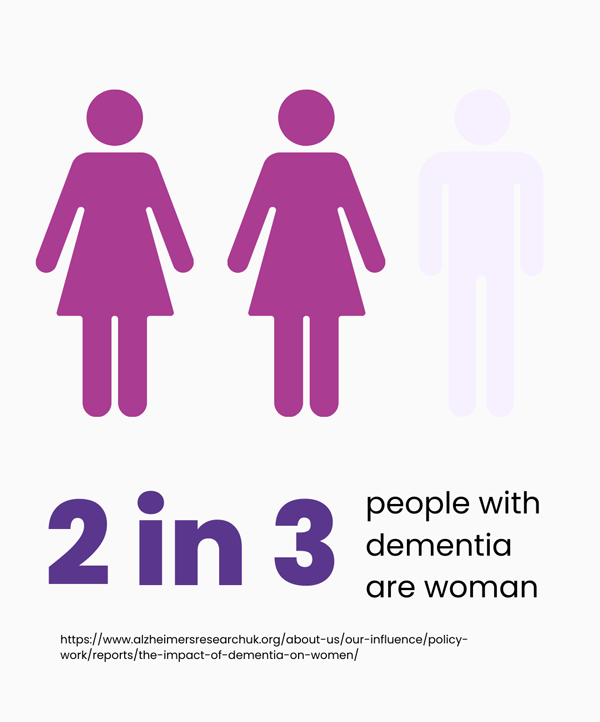Longevity Medicine
Longevity Medicine For Women



Longevity Medicine



“Longevity medicine allows us to move the dial on middle age and be at the very forefront redefining your later years. Why wait for someone else – your GP, the NHS, the government or traditional private healthcare insurance – to decide what your future should look like? The power is in your hands, not theirs.” –Dr Harpal Bains
Whole-body, personalised healthcare begins with understanding your body’s natural blueprint, family history and current health status through personalised testing and skilled interpretation. We can help you make confident choices that can have a positive impact on your healthspan – with the right information and evidence.


Research confirms that the choices we make play a major role in shaping our risk of becoming chronically unwell as we move through midlife and beyond. Don’t wait for someone else to make decisions about your health when personalised testing and specialist interpretation puts the choice in your hands.



Personalised testing is the first step in preventive care for proactive women. It can be used to understand your unique blueprint and risk factors, guiding targeted interventions that make a real difference to your healthspan so you optimise your health between 40-100. Explore longevity medicine lab tests.
Hormone health can have a vital influence on everything from mood to metabolism, bone density, and brain health. Menopause is a critical period for cardiovascular health assessment and prevention strategies. Restoring balance through tailored treatment can help protect long-term health. Explore bioidentical hormones.
Inflammation and microbiome imbalances can impact longevity, mood, immunity, and even our skin health. Building immune resilience is crucial for improving your healthspan. Microbiome sequencing and gut testing can really help pinpoint the best approach for this. Explore preventative nutrition.
Women are disproportionately affected by dementia, and prevention begins now. Understanding genetic markers such as APOE, or MTHFR, inflammation, blood sugar levels, and toxin load can help us understand your possible risk and guide a structured brain health plan to support you as you age.